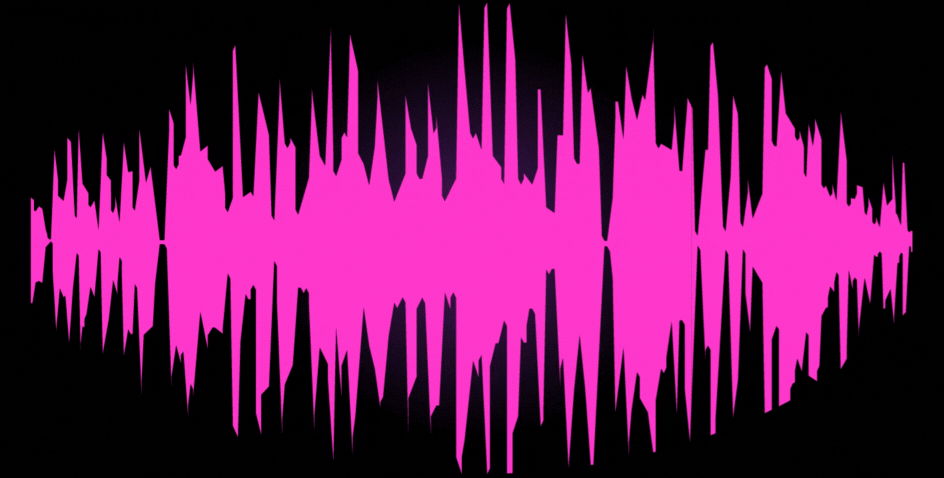Key Takeaways
Table of Contents
Understanding Music Copyright
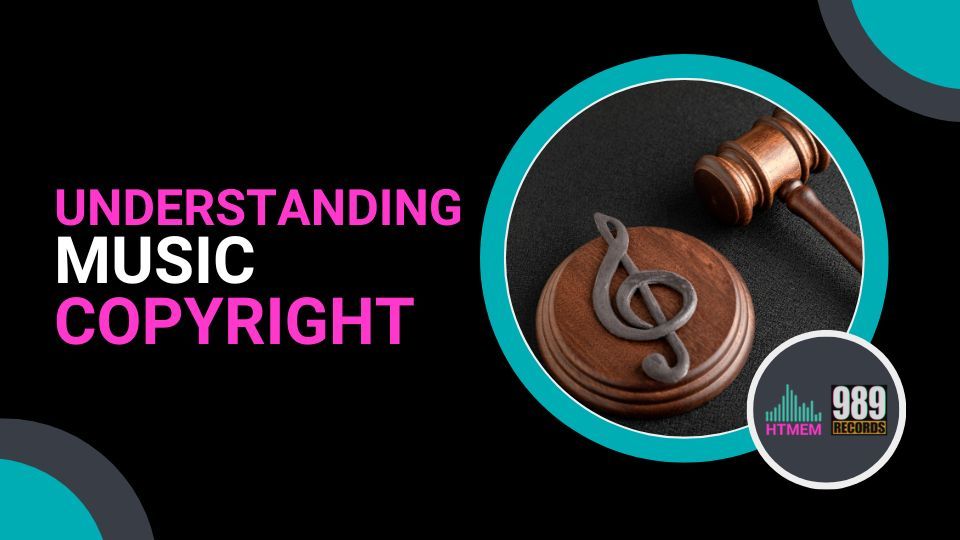
Composition Copyright
Sound Recording Copyright
Automatic Copyright Protection and Its Limitations
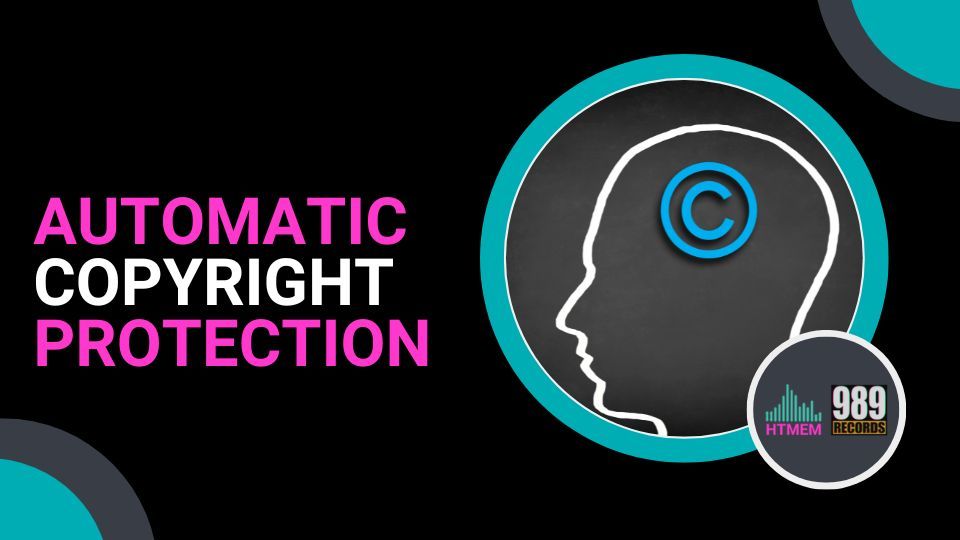
Registering Your Song with the U.S. Copyright Office
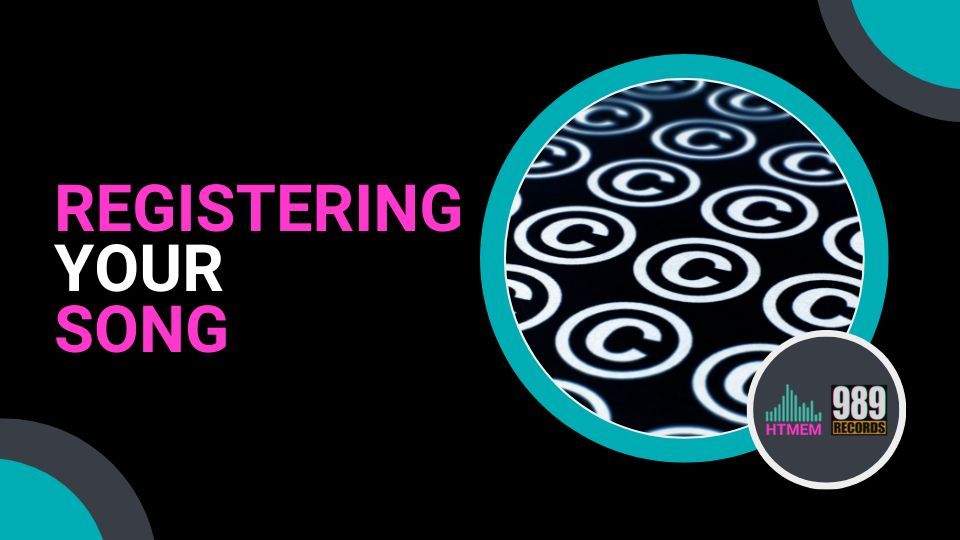
Creating an Account
Completing the Application
Paying the Filing Fee
Submitting Your Work
Exclusive Rights Held by Copyright Owners
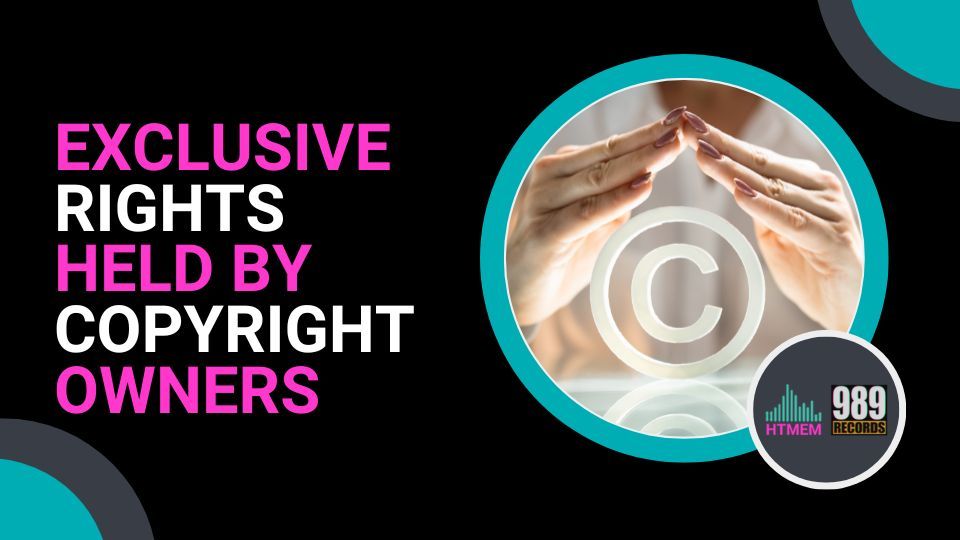
Earning Royalties from Your Music
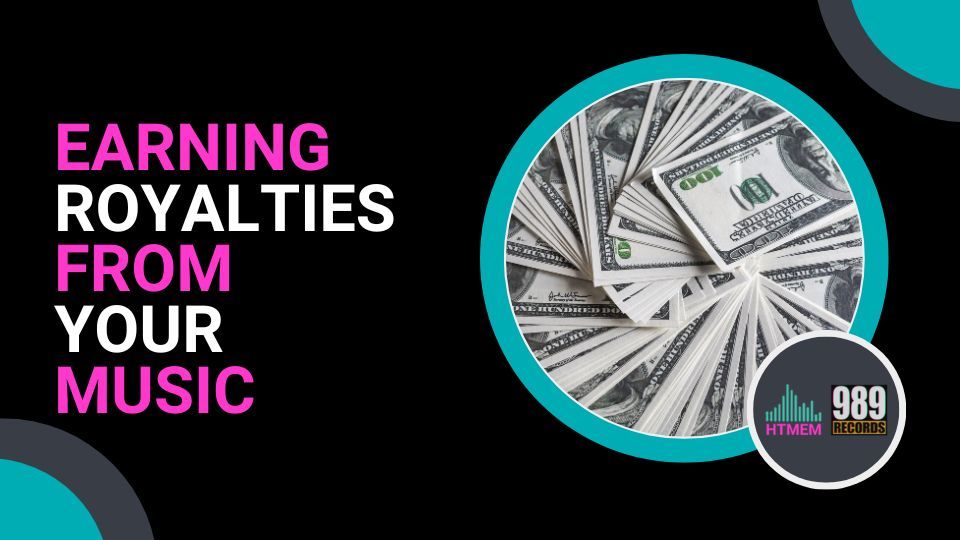
Mechanical Royalties
Performance Royalties
Collaborative Works and Copyright
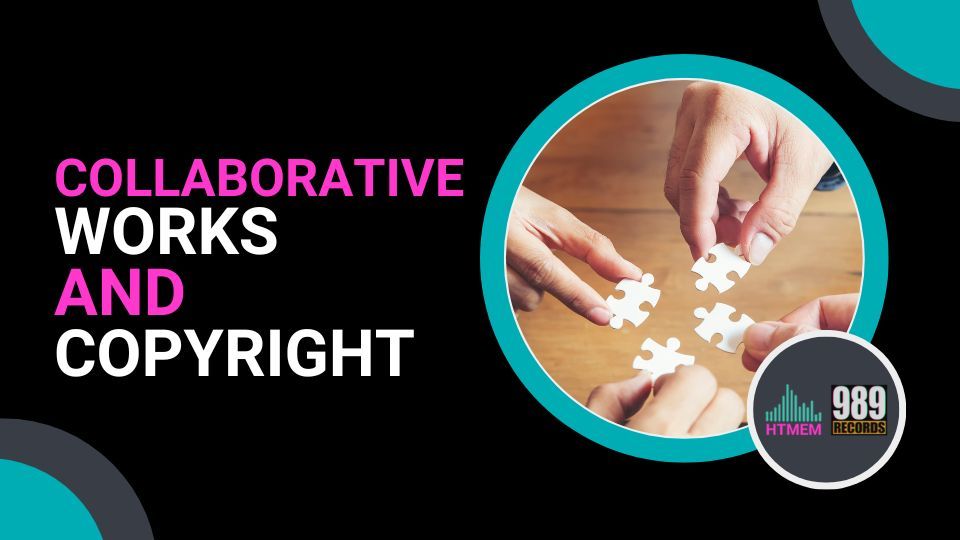
Protecting Your Music from Infringement
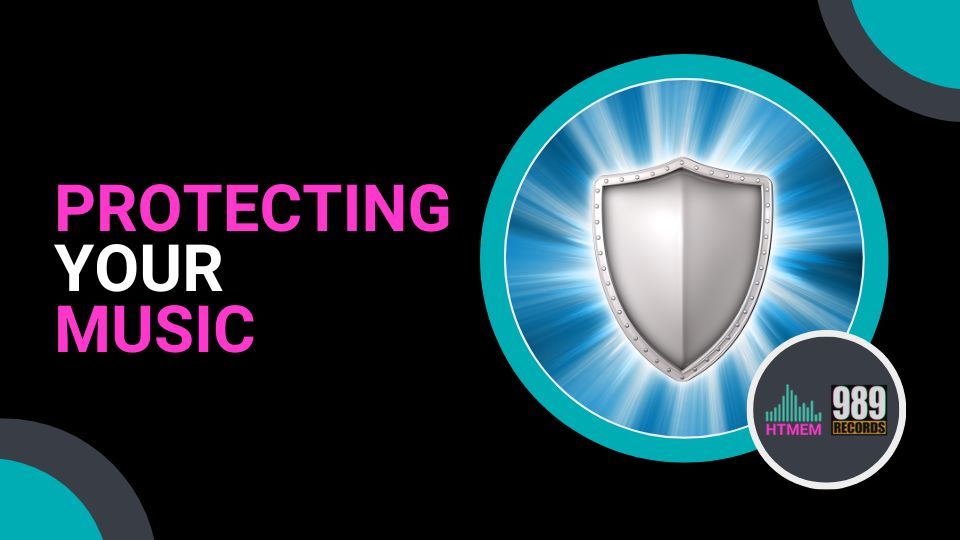
Debunking the Poor Man's Copyright Myth
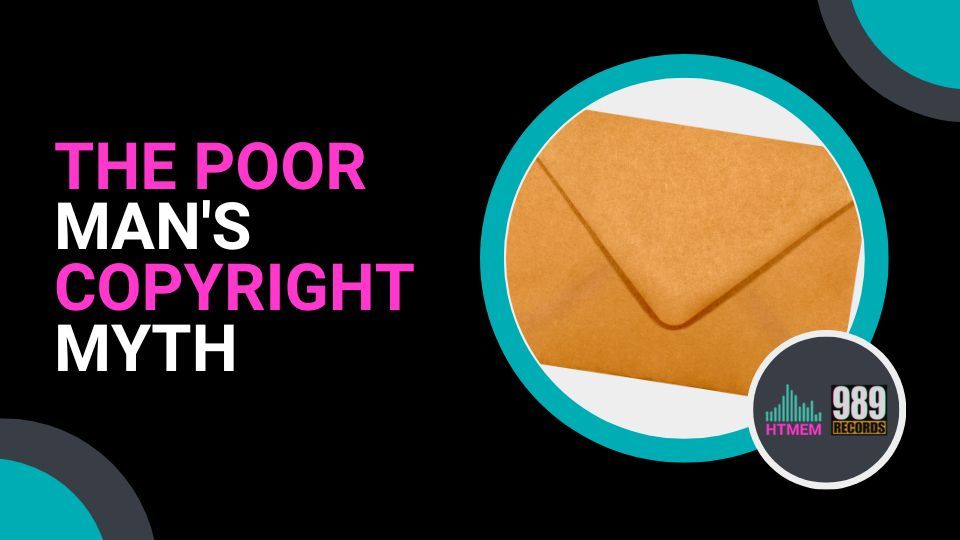
Navigating International Copyright Laws
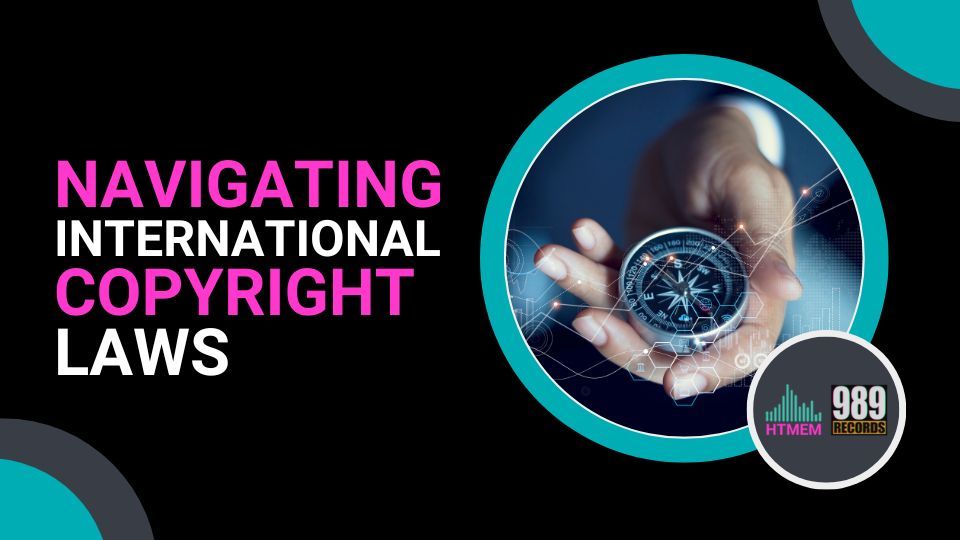
Summary
Frequently Asked Questions
How Can I Legally Copyright a Song?
Can I Copyright a Song for Free?
How do I Copyright a Song?
What is an Example of a Copyright in Music?
How Much Does it Cost to Copyright Song Lyrics?
About the Author
Max Porcelli
Steinberg Certified Trainer, DJ, and Producer with 29 years of experience. He owns 989 Records, an Electronic Music Label based in Italy. Every Saturday he hosts an exciting Radio Show called 989 Records Radio Show on air on Patchouli Deep Radio, London.
Write your awesome label here.






